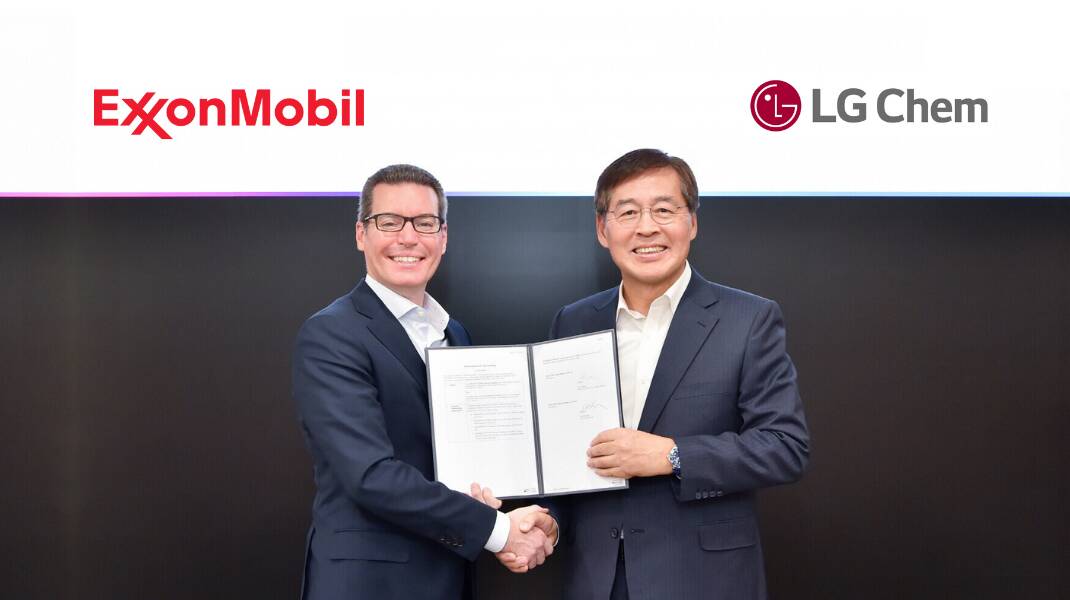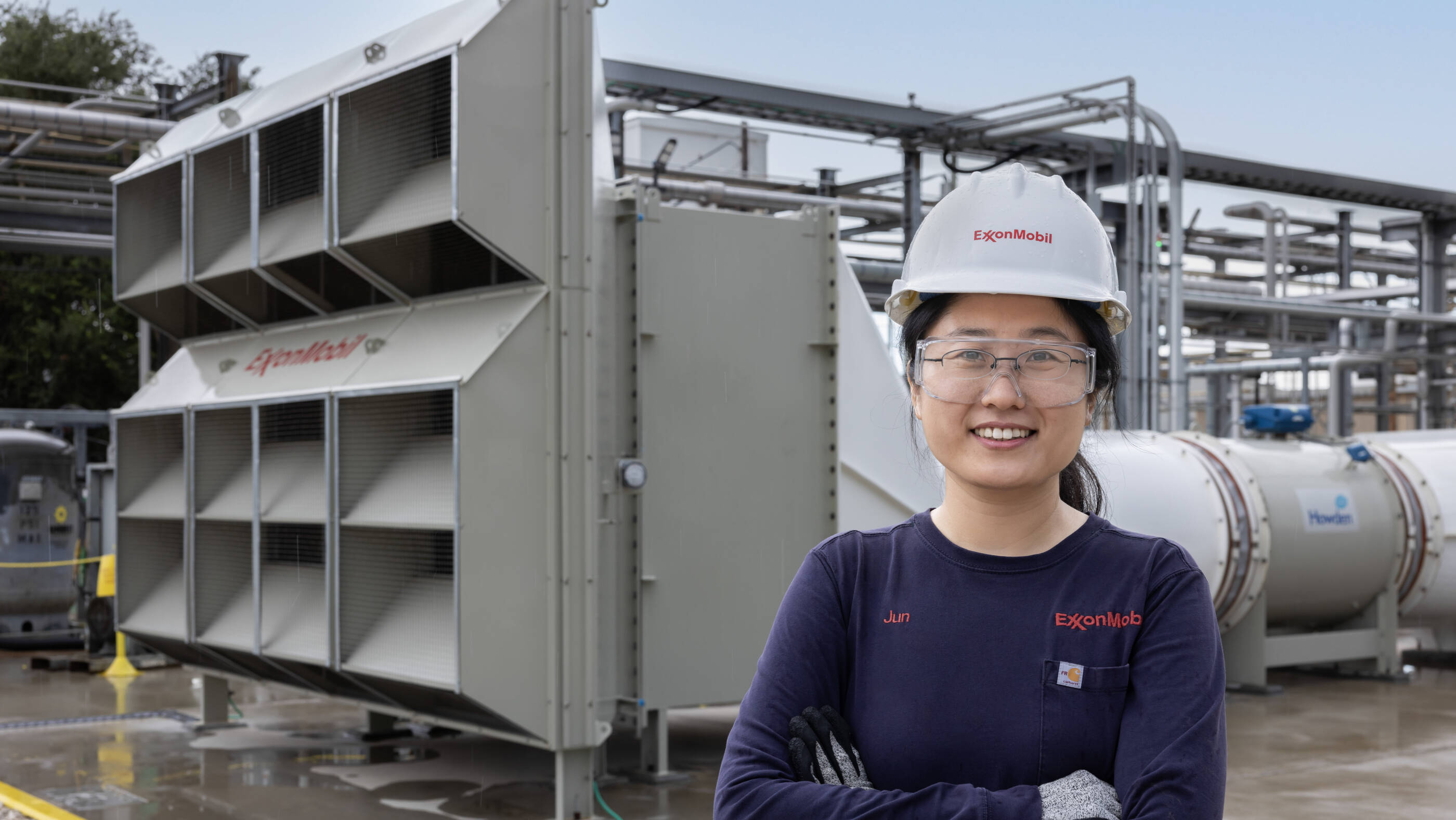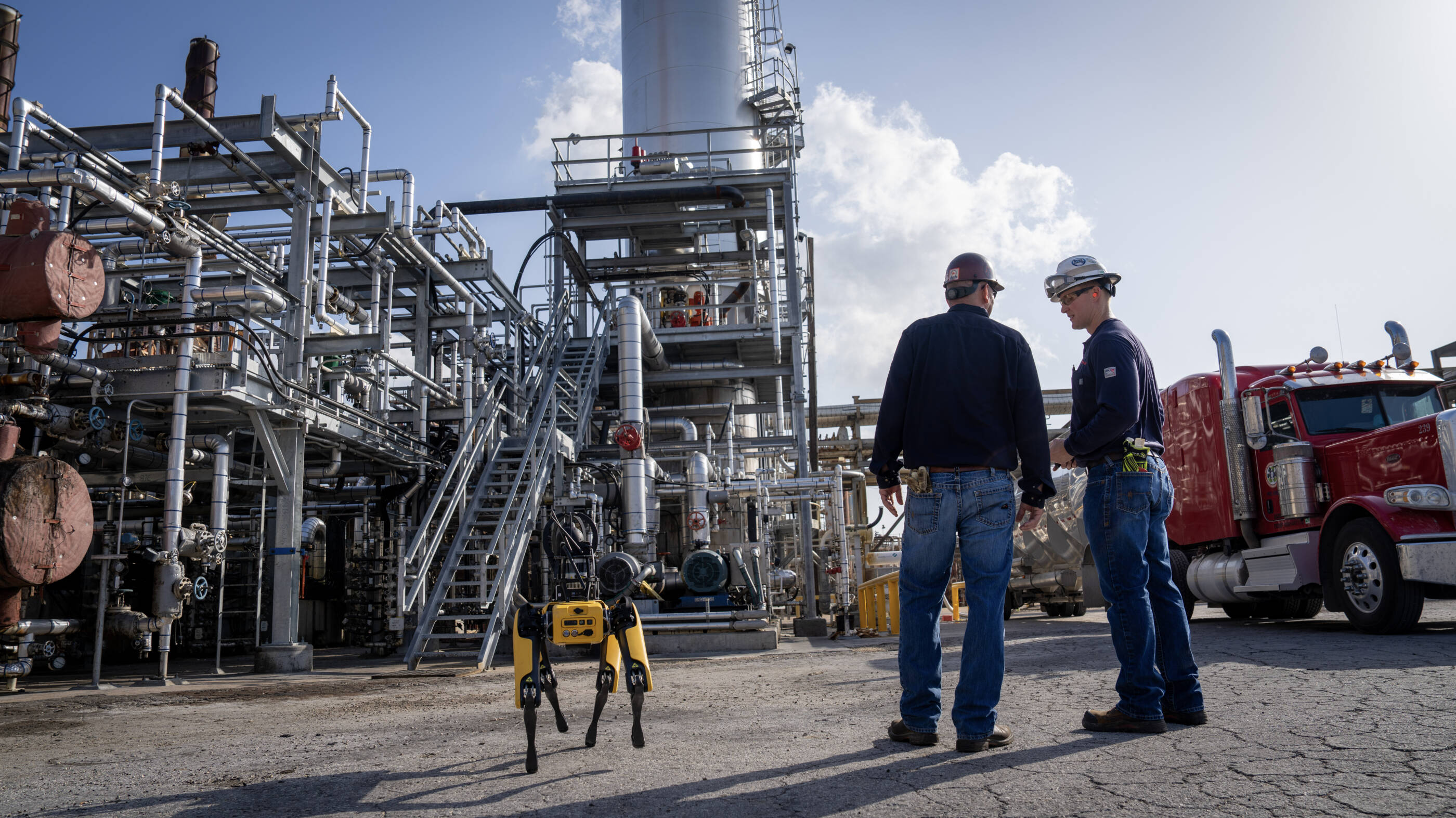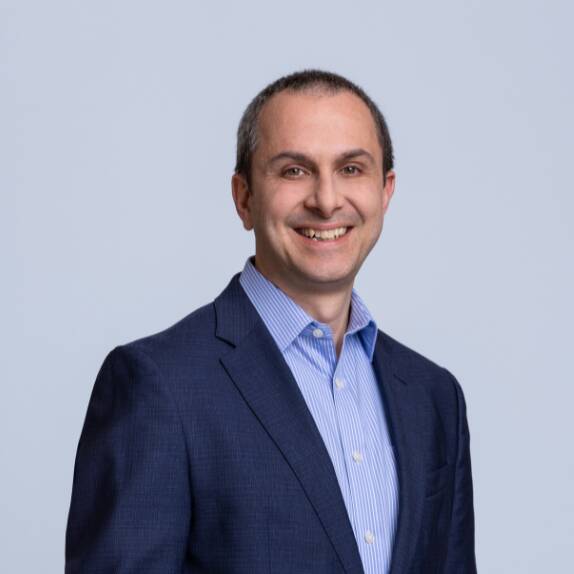selected item
Let's discuss: reducing America's emissions
Recently I had the opportunity to join a panel discussion to talk about some of the big steps being made today in the United States to do just that.
The conversation, hosted by Tak Ishikawa, executive vice president of Mitsubishi Heavy Industries, was wide-ranging, but focused mostly on how the 2022 Inflation Reduction Act (IRA) is encouraging more investments in low-carbon energy solutions in the United States. These include Carbon capture and storage and the low-carbon hydrogen fuel it can make possible.
Joining Tak and me were an energy policy specialist (Ken Medlock of the Baker Institute for Public Policy), investment banker Clio Crespy of Guggenheim Securities, and Nebraska Sen. Anna Wishart.
The panel’s diversity is indicative of the broad cross-section of people coming together to seek ways to speed progress toward society’s net zero goals.
Click here to view the video.
As I say in the video, if society is going to reach those net zero goals, we’ll need to scale up things like carbon capture and storage and low-carbon hydrogen, while also bringing down the costs.
ExxonMobil’s working on both, and we’re working fast.
We’re planning to build the world’s largest low-carbon hydrogen plant in Baytown, Texas, and we have CCS agreements with U.S. industrial customers CF Industries, Linde, and Nucor to take their emissions and store them deep underground, before they can enter the atmosphere. These are large-scale projects, focused on the so-called “hard to decarbonize” sectors like heavy industry, power generation, and commercial transportation.
Hydrogen facility at Baytown
Just as importantly, ExxonMobil’s scientists and engineers also are working to bring down the costs of these technologies, and others.
And because the climate challenge is too big for any company to solve alone, we’re also working with companies like Mitsubishi Heavy Industries (MHI), with whom we have a strategic alliance on carbon capture technology.
I’d like to thank Tak and his team at MHI for organizing this discussion, and talking about how collaboration and effective policy can accelerate society’s path to net zero.
Explore more

LG Chem and ExxonMobil sign MOU for lithium offtake
4 min read
•
Excitement in the air: insights from our direct air capture (DAC) pilot
4 min read
•
ExxonMobil adds Air Liquide to world’s largest low-carbon hydrogen project
3 min read
•




